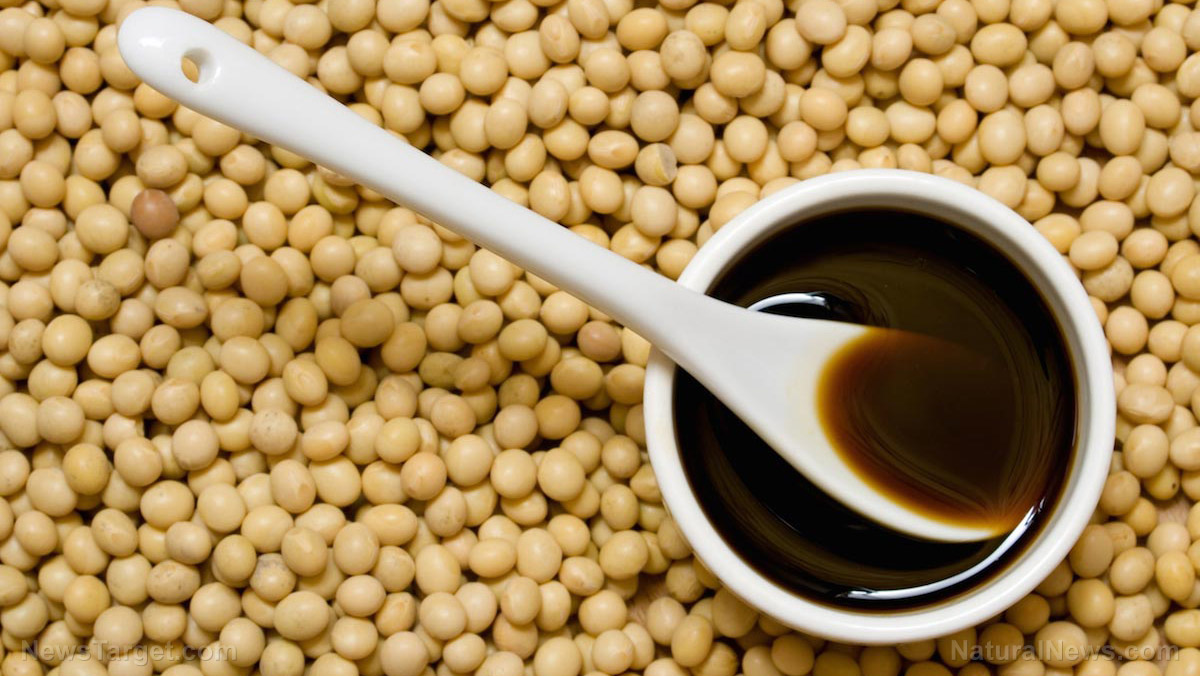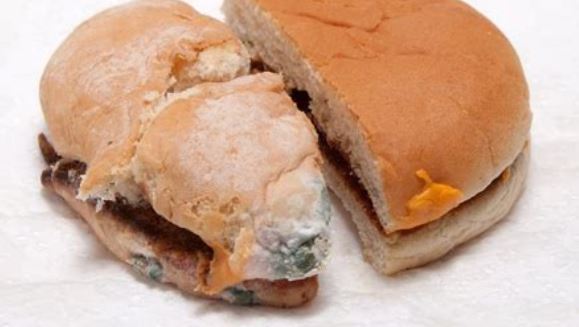
Dangerous trends are nothing new on the internet, but one particularly ill-conceived fad has left a woman brain dead, according to reports.
The woman had taken part in the “soy sauce cleanse,”, which sees people drinking a full liter of soy sauce in the span of just two hours on the pretense that it will allow them to rid their body of toxins. The theory goes that soy sauce’s high sodium content means that “toxins” will essentially follow the sodium right out of the body.
If that sounds like it has the potential to go very wrong, you won’t find the next part of this story surprising at all. On YouTube, a popular video blogger known as Dr. Bernard said that a 39-year-old woman who decided to try this cleanse noticed her heart racing but resisted the urge to drink water. When she lost her ability to speak and then lost consciousness altogether, her husband called an ambulance.
Her heart stopped beating while en route to the hospital, but she was resuscitated. She was treated with a sugar water IV for acute hypernatremia after her husband told doctors about the cleanse. After four days of unconsciousness, she was left unable to move any limbs and had trouble speaking or swallowing. She was diagnosed with a type of nerve damage to her brain stem known as central pontine myelinolysis.
Ridiculous idea based on half-truths
Dr. Bernard said that the soy sauce challenge is based on half-truths. While water will flow toward sodium in the body, he says, the soy sauce delivered excessive amounts of salt to her stomach, which then started sucking the water from her organs and muscles. When it reached her brain, it led to shrinkage that can cause permanent brain damage.
Although this story can’t be proven as the woman was only identified by her initials and also had some other health problems, you don’t have to be a doctor to recognize that this is a horrible idea in every way. "In pursuit of a detox cleanse, some people go along with the most insane, dangerous ideas," warned Food Forensics author and published food scientist Mike Adams, the Health Ranger. "For years, I've warned about dangerous detox products that compromise health. People need to realize that water and physical exercise are among the safest and most effective detox vectors that will help your body naturally eliminate toxins. You don't have to suffer to cleanse your body," Adams stated, "and you should never drink large amounts of sodium under any circumstances."
Soy sauce contains roughly 5,493 milligrams of sodium per 100 grams, which means that consuming a liter of it will put 66 grams of sodium in your body. As little as 25 grams of it are believed to be enough to kill people.
Sodium isn’t the only danger of soy sauce
Another big danger of most soy sauces is the taste enhancer chemical known as monosodium glutamate, or MSG, and you don’t need to drink a liter of it to suffer its effects.
MSG is quite controversial, but studies as far back as 1969 have linked it to obesity, liver inflammation, brain lesions, sterilization, stunted bone growth, and organ changes. A 2009 study found that it can cause brain cells to swell and die, and adults seem more affected by this than children.
When it comes to more immediate and obvious effects, however, MSG can cause flushed skin, nausea, heart palpitations, numbness, weakness, facial pressure, and headaches in some people, and it’s also known to trigger migraines.
There’s also the fact that soy sauce is made using GMO soybeans. These soybeans are modified to be able to resist herbicides, which are then liberally sprayed all over them. When you consume such foods, you’re also consuming dangerous herbicides like glyphosate, which is behind cancers like non-Hodgkin lymphoma and many other negative health effects.
People who take part in these trends often have a genuine interest in improving their health, but they are woefully misinformed. It’s hard to believe that anyone could think consuming such a horribly toxic ingredient could actually help their body in some way. People need to use some common sense to avoid falling victim to dangerous internet hoaxes. There are far better ways to detox than by putting MSG, glyphosate, and a lethal dose of salt in your body – in fact, a good first step is ridding your diet of GMOs and chemical-laden foods like soy sauce.
Sources for this article include:
Please contact us for more information.





















